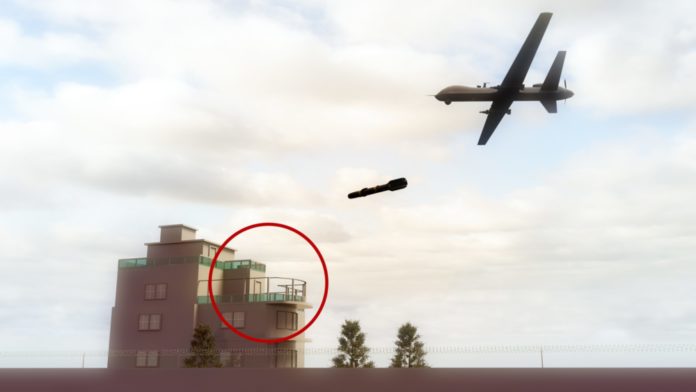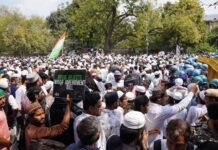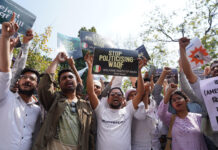Since the alleged killing of Al Qaeda leader Ayman Al Zawahiri on Sunday morning it has been difficult to gather the views of ordinary Afghans who are reluctant to speak out given the sensitive nature of the incident. So 5Pillars spoke to a cross section of Afghans in Kabul on condition of anonymity to find out what they really think.
Like many nations, Afghanistan is a country where you will find a variety of views on any given subject with different sects, ethnicities and political allegiances all coming into play.
And the responses that we got from different people reflected this, especially in Kabul which has a more multicultural feel than other areas in Afghanistan.
The first thing to say is that there is much scepticism inside Afghanistan that Al Zawahiri was indeed killed given that only the United States has commented on the matter. For the moment no DNA or other evidence exists and neither the Islamic Emirate nor Al Qaeda have confirmed the assassination.
However, given that the assassination has not been explicitly denied the working assumption of the majority is that he was indeed murdered by drone.
A lower ranking member of the Taliban expressed a sentiment that may be common amongst the Taliban given the struggle they and Al Qaeda led against the United States. He told us: “Al Zawahiri was our leader, he was a character who was against the kufr system; we will all feel the absence of Al-Zawahiri, he was a powerful pillar of Islam.”
This sentiment was backed up by an imaam of a masjid who described Al Zawahiri as a “lion of Islam.” He said: “One by one the lions of Islam are being martyred by calling them terrorists. They do not interfere with those who stay silent or just observe, but they have enmity against those who stand up to their evil. All the forces of the disbelievers are united, but if Muslims want to build a defence alliance, this becomes a problem.”
Subscribe to our newsletter and stay updated on the latest news and updates from around the Muslim world!
On the other hand, a member of the general public told us that Al Zawahiri’s absence is better than his presence because he posed a great danger with his presence. “He was a person who produced terrorists, so in my opinion, his absence is better,” he said.
Finally, a university professor we spoke to said that the killing of Al Zawahiri would split the Taliban itself.
The Taliban is not one cohesive body and has several different factions, some of whom may have sympathy for Al Qaeda while others do not. This means that hardline factions of the Taliban may have known about Al Zawahiri’s presence in Afghanistan while other Taliban factions did not.
But the fallout from his killing – which is likely to lead to further damage to relations with the international community – may increase tensions between the factions which make up the Taliban coalition.























